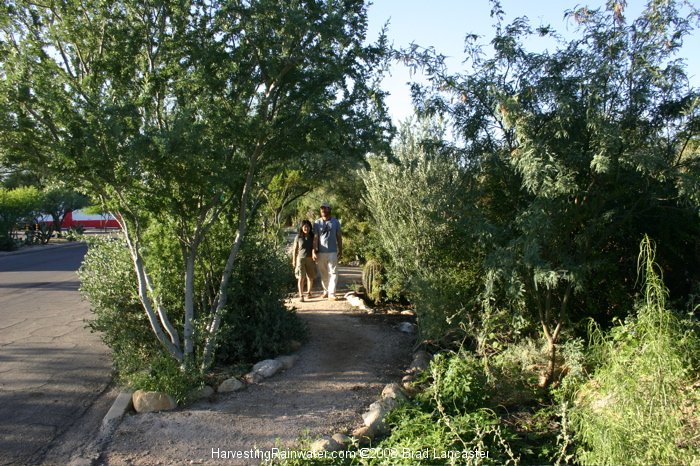


Solar Station Construction Plans by Ben Peterson -- ebook
will be released to subscribers in:
soon!



 6
6




The Mad Farmer "Put the Pitchfork Back"... visit us at https://tslhomestead.com
 8
8





Idle dreamer
 3
3




when you're going through hell, keep going!

 6
6




A human being should be able to change a diaper, plan an invasion, butcher a hog, conn a ship, design a building, write a sonnet, balance accounts, build a wall, set a bone, comfort the dying, take orders, give orders, cooperate, act alone, solve equations, analyze a new problem, pitch manure, program a computer, cook a tasty meal, fight efficiently, die gallantly. Specialization is for insects.
-Robert A. Heinlein
 5
5




 6
6




Travis Johnson wrote:
Another thing you should plan and try and implment, if they are not available now, is winter farmers markets. By bringing in those with greenhouses, you can get a year long system of fresh food to consumers if you can manage it right.
 1
1




Travis Johnson wrote:Your biggest asset right now is that you can manage the Farmers Markets, CSA's and Co-Ops before they get out of hand.
...
"Also, just as you want men to do to you, do the same way to them" (Luke 6:31)






 3
3




"Also, just as you want men to do to you, do the same way to them" (Luke 6:31)
 3
3




 1
1




Eric Tolbert wrote: What are some other things people are doing to create sustainability in their local communities?
You should never forget that every creature has its purpose in the cycle of nature and can also be very important to humans. Sepp Holzer's Permaculture
 5
5










 1
1




Kena Landry wrote:One silly thing I've done to build sustainability in my community is to use active transportation for gardening.
Whether that's using a bike trailer to pick up supplies at the garden center, carting old bricks in a wheelbarrow along a busy avenue, or walking to the school garden with my gardening tools on one shoulder and a pitchfork in hand, it makes urban gardening extremely visible and shows the community it can be done, and without fossil fuel to boot.
We are so unused to those "rural" sights in an urban setting that it's sure to attract attention and curiosity, and often spark interesting conversations.
"Also, just as you want men to do to you, do the same way to them" (Luke 6:31)




Inge Leonora-den Ouden wrote:
Kena Landry wrote:One silly thing I've done to build sustainability in my community is to use active transportation for gardening.
I wouldn't call that 'silly'. Riding a bicycle is very 'normal' here.
 1
1




Please give me your thoughts on my Affordable, double-paned earthbag window concept


















| I agree. Here's the link: http://stoves2.com |


